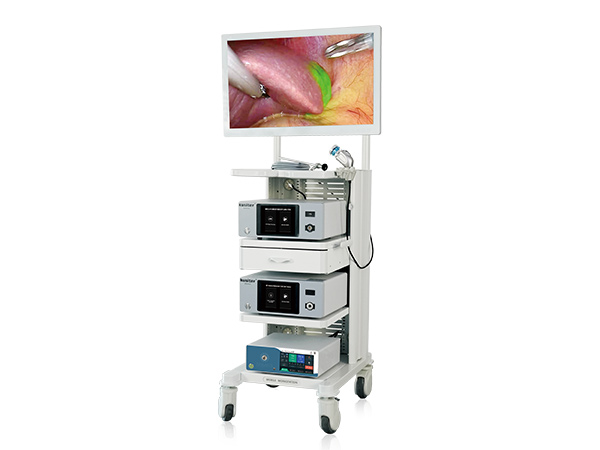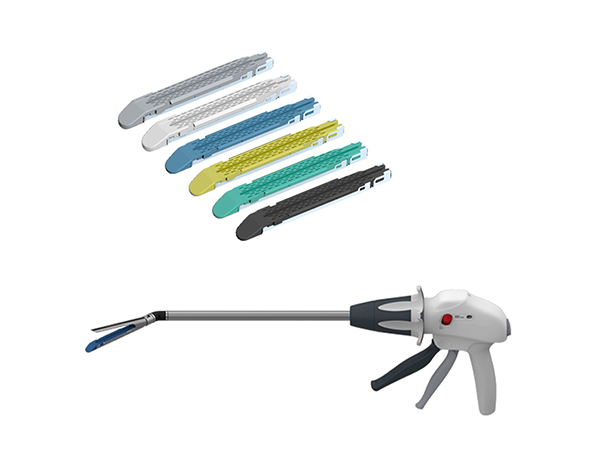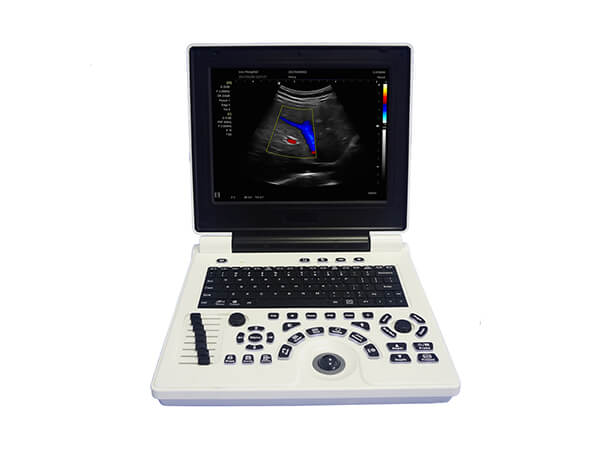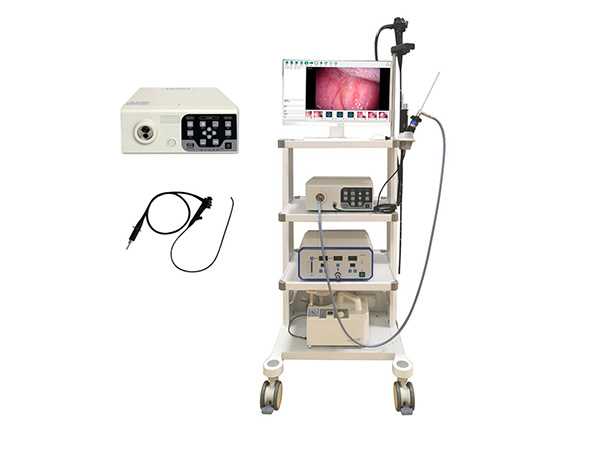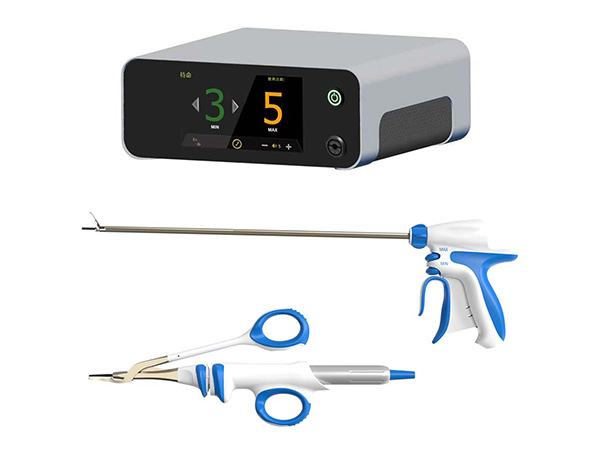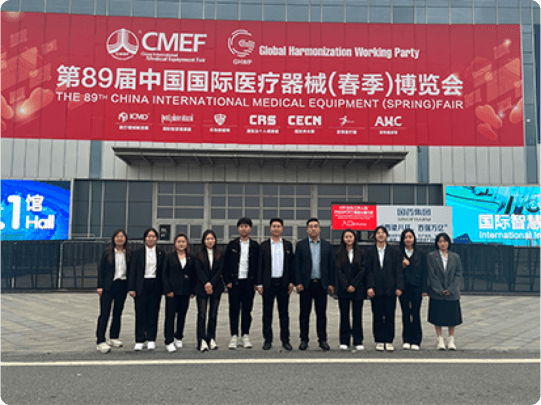The Future of Surgery: AI Integration in Medical Practice
In the evolving landscape of healthcare, artificial intelligence (AI) is emerging as a transformative force, particularly in surgical applications. The recent discussions at the 2025 China Zhongguancun Medical Forum highlighted the significant role AI plays in revolutionizing medical practice, from surgical assistance to medical device innovation. As we stand on the brink of a new era in healthcare technology, the integration of AI into surgical procedures promises to enhance precision, efficiency, and patient outcomes.
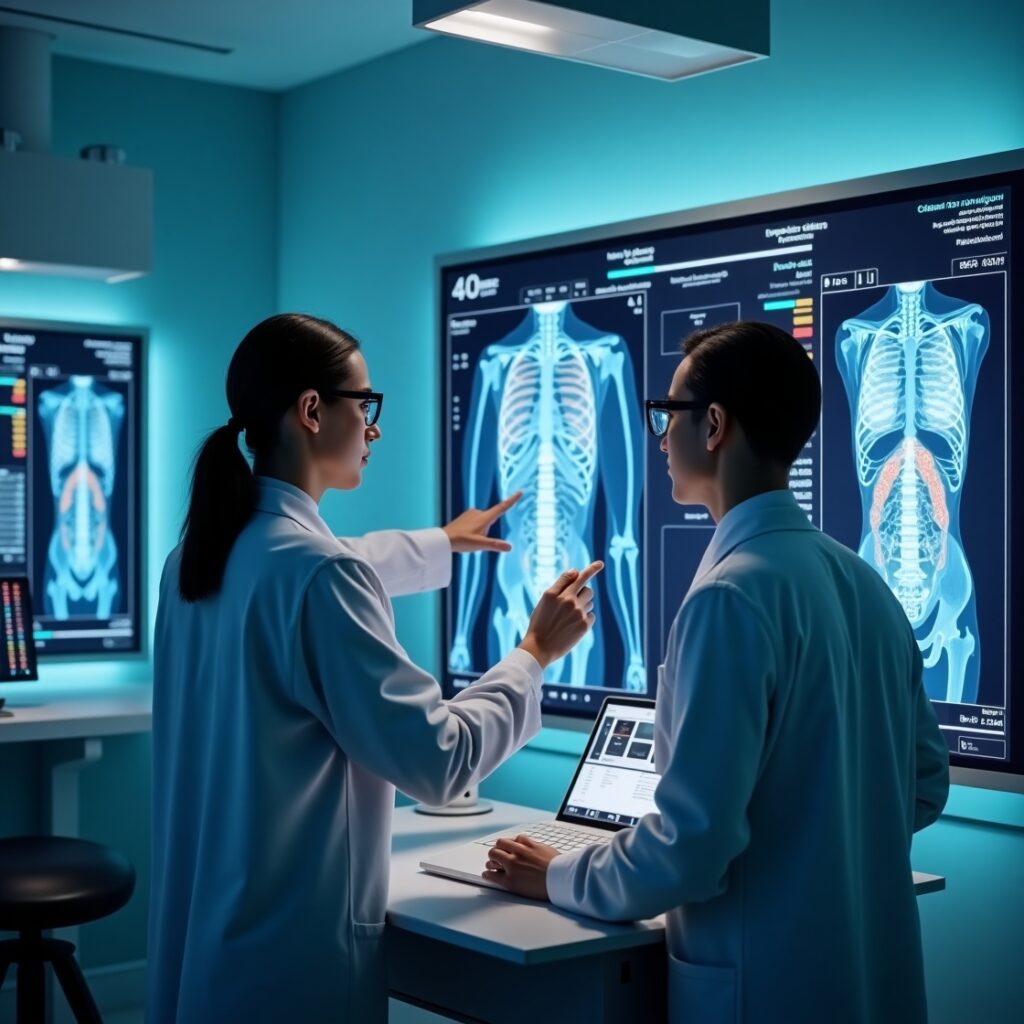
AI's Role in Surgical Innovation
AI is not merely a futuristic concept but a present reality in operating rooms worldwide. Advanced AI systems, such as surgical robots guided by AI algorithms, are enabling surgeons to perform procedures with unprecedented accuracy. These robots can execute complex movements with minimal invasion, reducing patient recovery time and enhancing surgical outcomes. Moreover, AI's ability to analyze vast datasets rapidly provides surgeons with real-time insights, aiding in decision-making during critical procedures.
The AI-Powered Surgical Assistant
One of the most promising applications of AI in surgery is its role as a surgical assistant. AI systems can process and interpret medical images, such as CT scans and MRIs, with remarkable speed and precision. This capability allows for the identification of anomalies that might be missed by the human eye, thereby improving diagnostic accuracy. During surgery, AI can offer real-time guidance, suggesting optimal incision points and predicting potential complications, thus acting as a valuable tool that complements the surgeon's expertise.
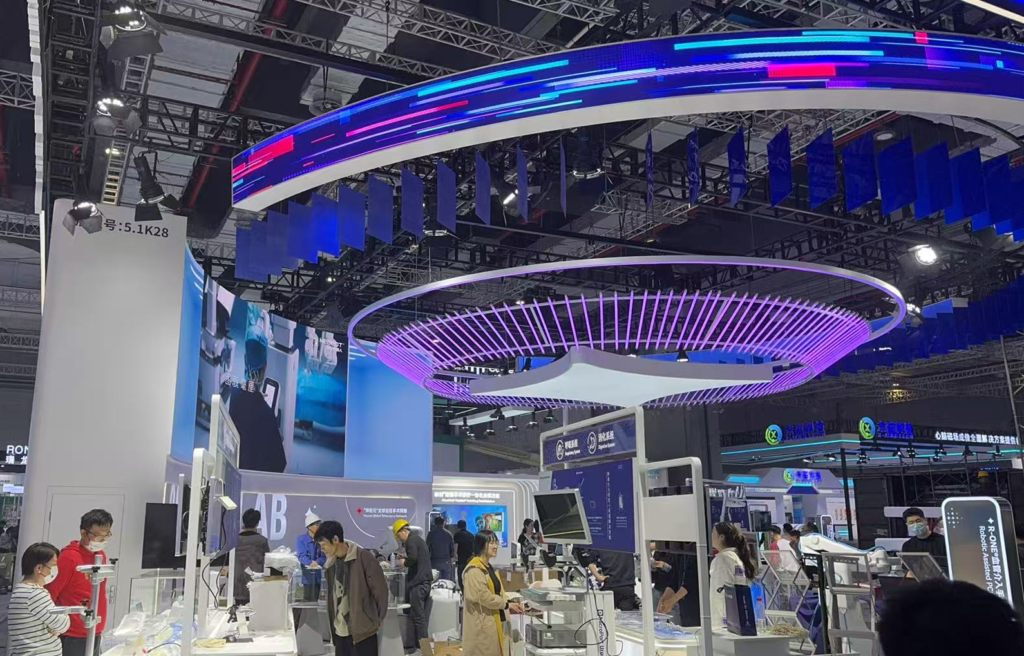
AI in Medical Device Development
Beyond the operating room, AI is driving innovation in medical device development. Companies are leveraging AI algorithms to design and refine surgical instruments, ensuring they meet the precise needs of medical professionals. This data-driven approach to device innovation is accelerating the development cycle while maintaining high standards of safety and efficacy.
The Path Forward: Integration and Ethics
As AI becomes increasingly integrated into healthcare, the medical community faces the challenge of ensuring these technologies are deployed ethically and effectively. Standardization of AI deployment processes, as emphasized in forums like the China Zhongguancun Medical Forum, is crucial to mitigating risks related to data privacy and medical ethics. Furthermore, ensuring that AI serves as a tool to enhance, rather than replace, human judgment in medical decision-making is paramount.

The future of surgery is undeniably intertwined with AI technology. As we continue to explore the potential of AI in medical applications, the collaboration between human expertise and AI innovation will be key to advancing healthcare. The 2025 China International Medical Equipment Fair (CMEF) in Shanghai is serve as a pivotal platform to showcase these advancements, offering a glimpse into a future where AI and healthcare converge to benefit patients globally. 233 Medical is also actively exploring and delving into the integration of medical care with AI. At this year's CMEF exhibition, we have engaged in in-depth exchanges and learning with China's most advanced AI medical technologies. Our aim is to promote the rapid development of China's medical technology and bring revolutionary innovations to global medical technology in the future.



